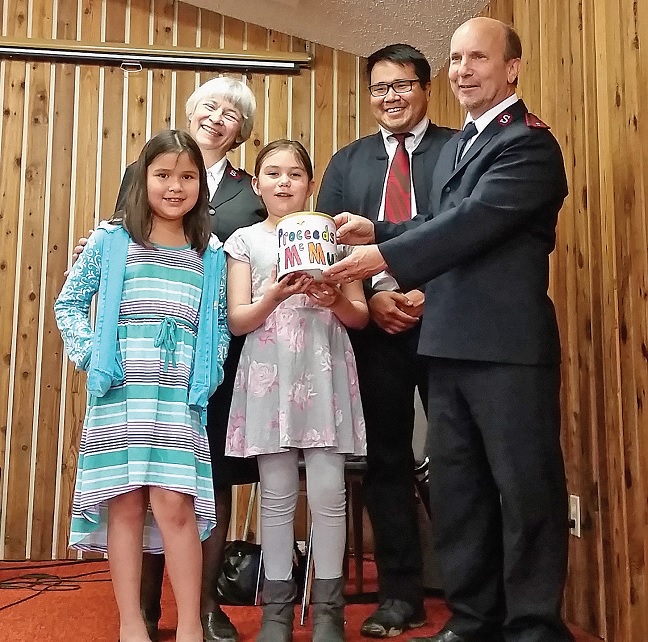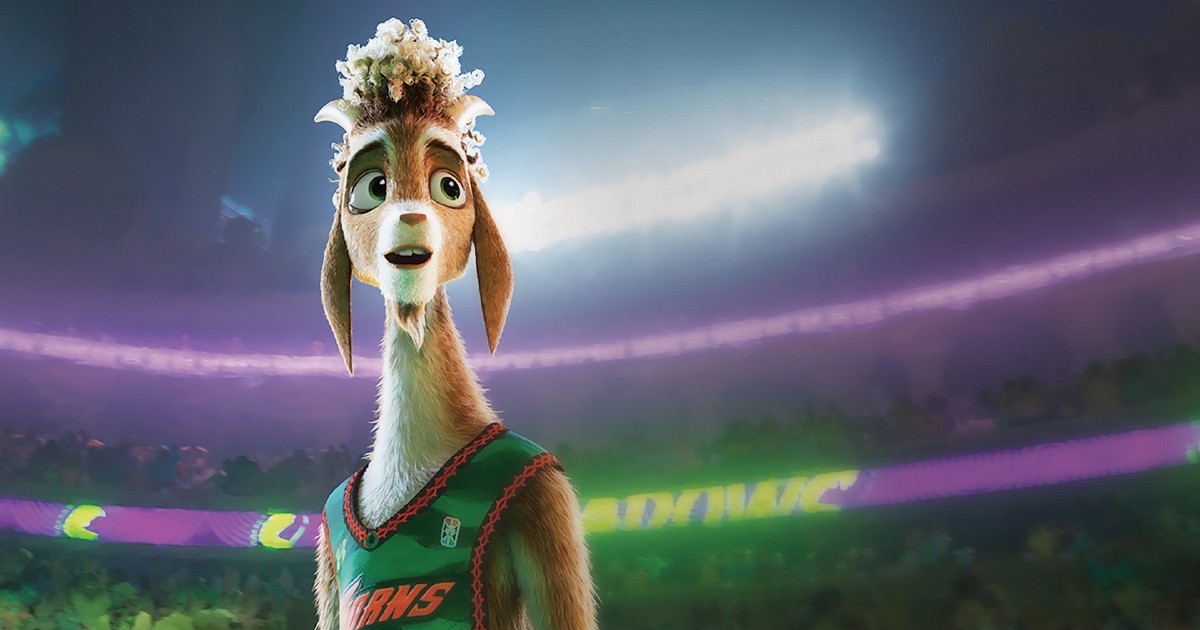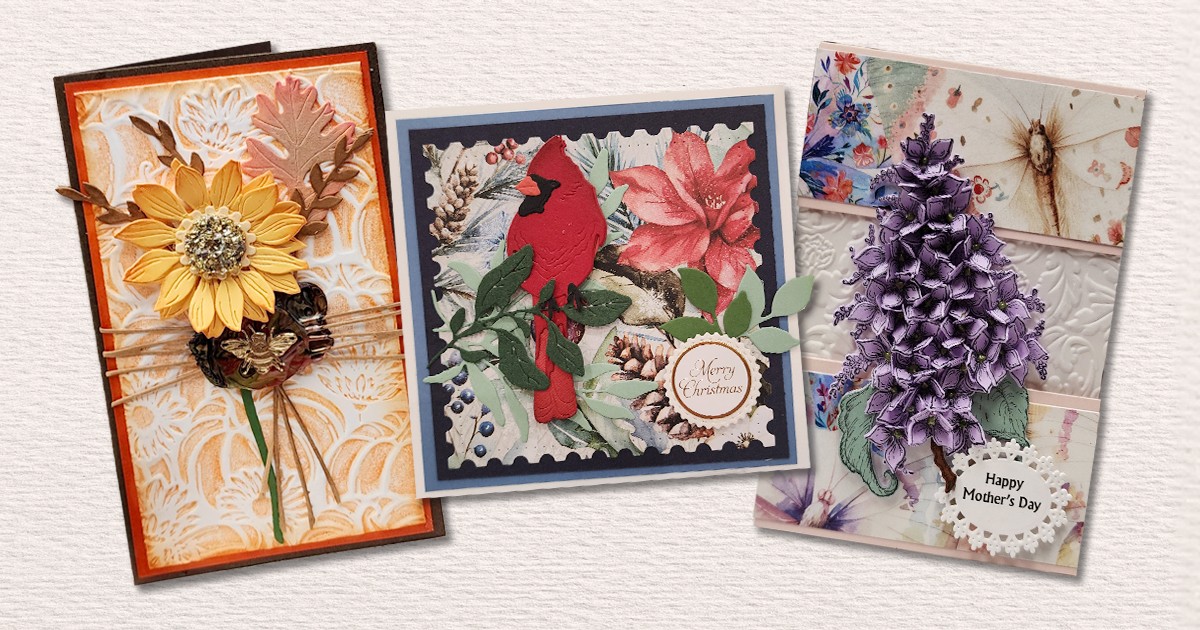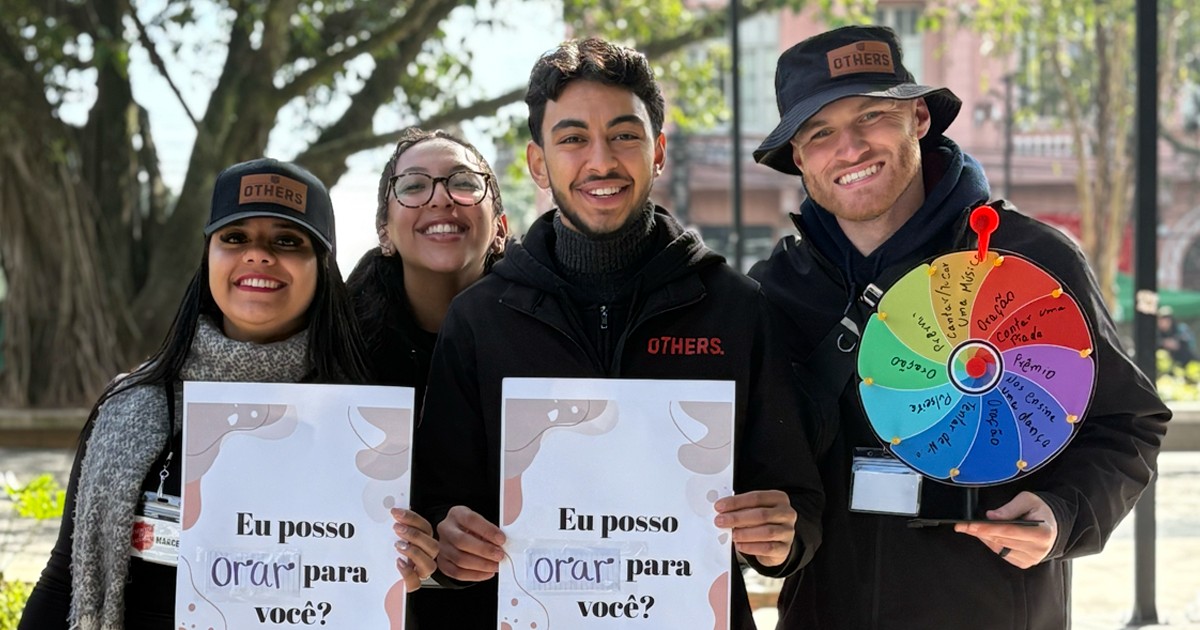What can we do? Alex Stoney thought to himself. Alex, the children and youth ministry co-ordinator for The Salvation Army's Upper Skeena Circuit in northern British Columbia, was troubled. He knew his young Salvation Army members—called junior soldiers by the organization—were aware of the awful news coming out of the northern Ontario community of Attawapiskat in April, where an alarming number of young native Canadians had attempted suicide, and felt as if they were helpless bystanders.
“Someone from Attawapiskat posted a notice on Facebook mentioning how the kids there needed to know that people were thinking about them, so I mentioned it to my young students,” recalls Alex.
At the next Wednesday afternoon junior soldier class, Alex suggested to his students that they send letters of encouragement.
“They were totally enthused with the idea,” smiles Alex. “We created a template so the kids could fill in the blanks but they also included some jokes to make them smile.
“And their gesture no doubt meant more coming from kids such as ours with First Nations backgrounds.”
The letters were a great start but the next week, Alex's junior soldiers made friendship bracelets, which were sent via Canada Post to the Attawapiskat band office.
“I was upset when I heard the news,” says nine-year-old Sarah Swift. “I hope that the letters and bracelets will make the children of Attawapiskat feel better about themselves, knowing we care.”
Making a Difference
The junior soldiers were not content with that one gesture of hope.
A couple of weeks later in May, the class heard about the Fort McMurray wildfires that destroyed hundreds of homes in Alberta. On their own initiative, they decided to raise money for the people of the devastated community by having a pastry sale. They managed to raise $1,088.
“This was no small feat for a community of 5,000,” says Alex.
“With our parents' help, we filled the tarts, but they put them in the oven,” Sarah says. “It made us feel good to know that we were helping out.”
“All of the donations went into a little container that I helped decorate,” adds seven-year-old Sophie McKenzie-Williams.
“It was a great example of people banding together for a worthy cause,” says Alex. “We hope and pray that this will make a difference.”
“Someone from Attawapiskat posted a notice on Facebook mentioning how the kids there needed to know that people were thinking about them, so I mentioned it to my young students,” recalls Alex.
At the next Wednesday afternoon junior soldier class, Alex suggested to his students that they send letters of encouragement.
“They were totally enthused with the idea,” smiles Alex. “We created a template so the kids could fill in the blanks but they also included some jokes to make them smile.
“And their gesture no doubt meant more coming from kids such as ours with First Nations backgrounds.”
The letters were a great start but the next week, Alex's junior soldiers made friendship bracelets, which were sent via Canada Post to the Attawapiskat band office.
“I was upset when I heard the news,” says nine-year-old Sarah Swift. “I hope that the letters and bracelets will make the children of Attawapiskat feel better about themselves, knowing we care.”
Making a Difference
The junior soldiers were not content with that one gesture of hope.
A couple of weeks later in May, the class heard about the Fort McMurray wildfires that destroyed hundreds of homes in Alberta. On their own initiative, they decided to raise money for the people of the devastated community by having a pastry sale. They managed to raise $1,088.
“This was no small feat for a community of 5,000,” says Alex.
“With our parents' help, we filled the tarts, but they put them in the oven,” Sarah says. “It made us feel good to know that we were helping out.”
“All of the donations went into a little container that I helped decorate,” adds seven-year-old Sophie McKenzie-Williams.
“It was a great example of people banding together for a worthy cause,” says Alex. “We hope and pray that this will make a difference.”










Leave a Comment